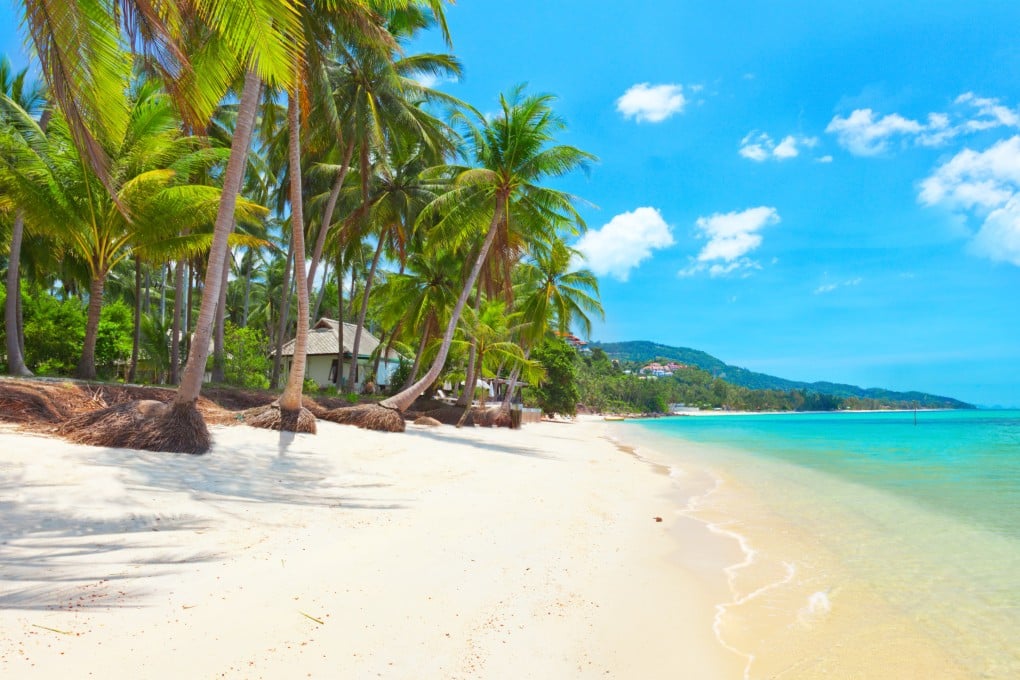On Thailand’s Koh Samui, chain hotels look beyond Chinese tourists for a post-pandemic rebound
- On the Thai island of Samui, high-end hotel chains have been expanding to take advantage of pent-up travel demand as the country further eases entry rules
- Thailand’s government is aiming for 10 million international visitors this year, but high-value Chinese tourists are unlikely to be among them for a while yet

So many tourists used to visit Chaweng beach on the Thai island of Samui before the pandemic that “you could not find the seats or the sand”, according to hotelier Patrick Moukarzel.
Hotels like the Centara Reserve Samui, where Moukarzel is general manager, are gearing up to take advantage of the pent-up demand – even though he estimates that visitor numbers to the island where the six-star resort is located are currently only “15 per cent of what they used to be”.
Some bars and shops remain closed on Samui, but as international visitors begin to trickle in, other businesses and people who made their living from tourism before the pandemic have started to return, hoping to cash in on the rebound.
Among them is Pong, a 43-year-old taxi driver who returned to Samui in February after the island began allowing in visitors without quarantine in October under a tourism sandbox programme.
“During Covid I went back to my hometown to work the fields and I also worked as a security guard for a while,” he said. “There are not a lot of tourists in Samui yet but at least it is better because this way I can earn cash everyday.”
Travel requirements
Tourism Minister Pipat Ratchakitprakarn expects Thailand to welcome between 7-10 million foreign tourists this year – an increase on the 6.9 million that visited in 2020, before the pandemic caused borders to slam shut, but still a fraction of 2019’s 39.9 million. Last year, just 427,000 foreigners visited.